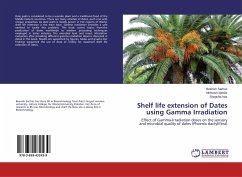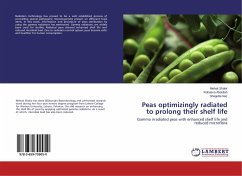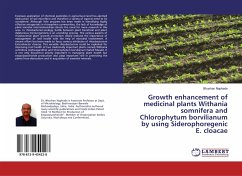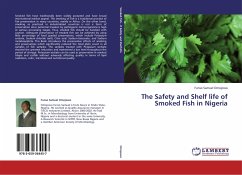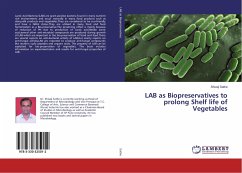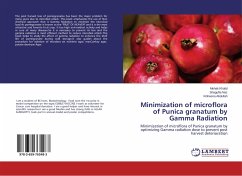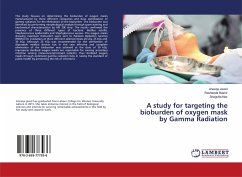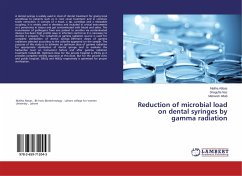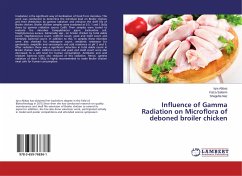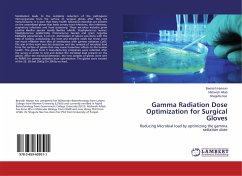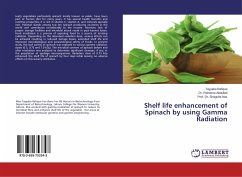
Shelf life enhancement of Spinach by using Gamma Radiation
Versandkostenfrei!
Versandfertig in 6-10 Tagen
27,99 €
inkl. MwSt.

PAYBACK Punkte
14 °P sammeln!
Leafy vegetables particularly spinach locally known as palak, have been part of human diet for many years. It has several health benefits and nutritive properties, it is rich in vitamin C, vitamin A, and minerals specially iron. Pakistan stands among top ten spinach producing countries in the world and contributes considerably to the income. However, lack of proper storage facilities and microbial attack result in post-harvest losses. Food irradiation is a process of exposing food to a source of ionizing radiation. Depending on the absorbed radiation dose, various effects can be achieved resul...
Leafy vegetables particularly spinach locally known as palak, have been part of human diet for many years. It has several health benefits and nutritive properties, it is rich in vitamin C, vitamin A, and minerals specially iron. Pakistan stands among top ten spinach producing countries in the world and contributes considerably to the income. However, lack of proper storage facilities and microbial attack result in post-harvest losses. Food irradiation is a process of exposing food to a source of ionizing radiation. Depending on the absorbed radiation dose, various effects can be achieved resulting in reduced storage losses, extended shelf life and improved microbiological and parasitological safety of foods. In present study, flat leaf variety of spinach was exposed to various gamma radiation doses (0.5, 0.75 and 1.0 kGy). The microbial content of spinach before and after irradiation was analyzed to determine significant changes, if any, in the population of spoilage microorganisms. Radiation dose of 0.75 kGy enhanced the shelf life of spinach by four days while leaving no adverse effects on this sensory attributes.



